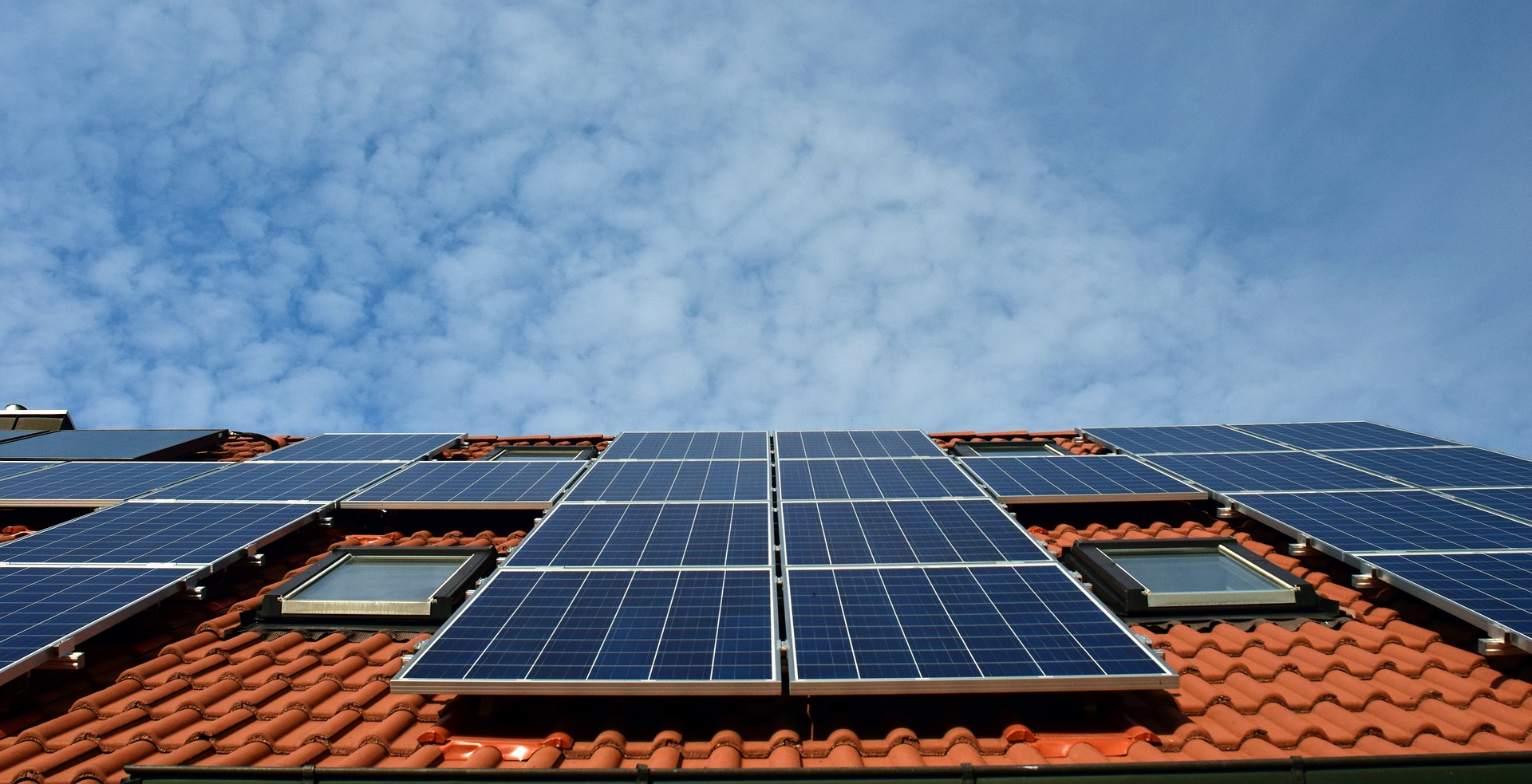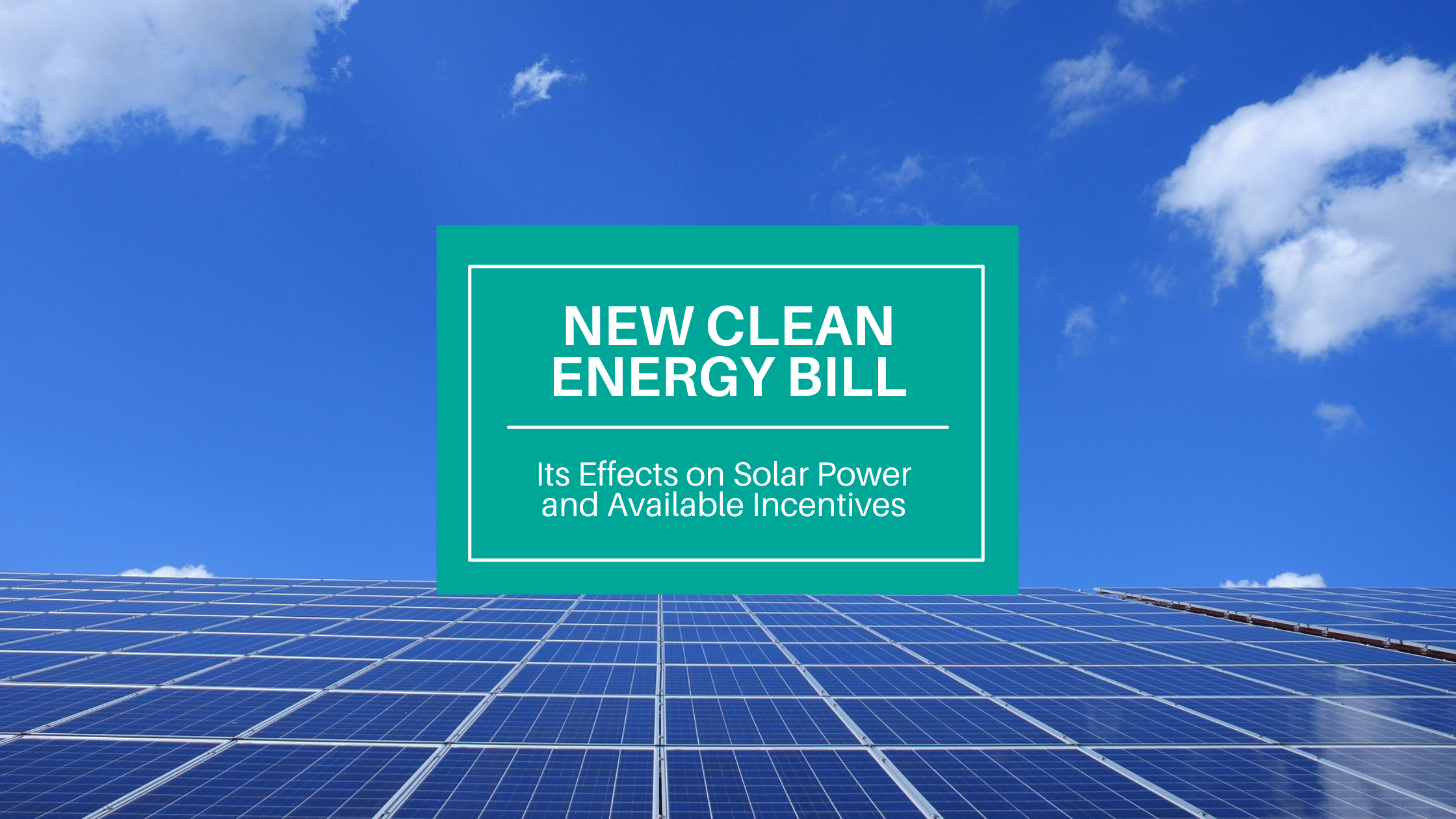Massachusetts has always been one of the leaders in solar power in the nation, consistently ranked in the top states for homeowners to invest in solar. However, the passage of a recent piece of legislation has further cemented this status, providing aggressive goals for addressing climate change.
The multifaceted climate law puts the state on progress to achieve zero net emissions by 2050. The bill is quite comprehensive, setting ambition goals for greenhouse gases including a target goal of 2030 for cutting emissions to half the 1990 rates and 75% by the year 2040. Additionally, the legislation puts targets on six different high-priority sectors: electricity, transportation, commercial & industrial buildings, residential buildings, industrial processes, and natural gas distribution.
How Does the Bill Affect Solar Power?
While the bill does many things, it also significantly deals with solar power. One of the primary mechanisms on the path for Massachusetts to become energy efficient involves a heavy investment in solar power. Utilities like Eversource, Uniitil, and the National Grid will be required to begin purchasing larger amounts of renewable energy beginning in 2025, increasing by at least three percent per year. Additionally, municipal electricity plants will need to purchase at least 50% of their power from non-carbon emitting sources by 2030 and all by 2050.
There are also a number of ways that the bill will affect homeowners who want to invest in solar. First, the bill clarified policies and procedures regarding how homes are assessed in order to provide a statewide exemption on solar panels. This guarantees that homeowners will not see their property taxes increase when they install solar power systems, which provides a strong incentive for investment. Even though the value of your home increases, your property taxes will not.

Additionally, the legislation serves to extend the purpose of the state’s solar incentive program, SMART. This program helps promote cost-effective solar development. In doing so, it pays homeowners a fixed rate per kilowatt hour for their total solar energy output for ten years. Rates range from 29 to 31 cents per kilowatt hour, much greater than the state’s regular retail rate of 20 cents. Higher incentives are provided to homeowners that use a battery with their system. This is in addition to Massachusetts’ net metering programs, providing a strong financial benefit for homeowners.
This bill also extends SMART’s mission to specifically focus on increasing levels of solar ownership for low-income households, instructing the program to make it easier to sign up for and to prioritize encouraging solar power installation for lower-income homeowners.
Finally, the new legislation helps local businesses by making it easier to participate in community solar projects. It also prevents small businesses from being taxed on their solar systems and provides grants for non-profit organizations to install solar panels.
What Other Incentives are Available in Massachusetts?
In addition to the incentives provided by this program, there are a number of other incentives for homeowners that make 2021 the perfect time to go solar. These include various state tax benefits as well as a federal incentive that will soon expire.
One thing benefitting residents of Massachusetts is the state’s Home Solar Project Sales Tax Exemption. This law has been on the books for several years and exempts the charging of sales tax on the material and labor cost of installing new residential solar systems. This translates to a savings of 6.25% per project. For a $15,000 system, this translates to nearly $1,000 in savings.
Massachusetts also provides a Residential Renewable Energy Income Tax Credit. This allows homeowners to take a tax credit of 15% of their solar system cost with a limit of $1,000. This includes both the cost of the system as well as installation costs. The system must be installed on a person’s primary residence. This goes directly against an individual’s income tax liability. If the credit is greater than a person’s income tax liability, the excess credit can be carried over for up to three years. Virtually any system will be eligible for the full $1,000 credit.

Additionally, 2021 is still the perfect time to take advantage of the Federal Solar Investment Tax Credit. This credit allows you to deduct 26% of the cost of your solar system (cost and installation) from your taxes. As a credit, it goes dollar for dollar against your tax liability. For a $15,000 solar system, this results in a $3,900 credit. This applies to all systems installed by the end of 2022. In 2023, the credit goes down to 22% before disappearing in 2023.
Finally, Massachusetts provides a Mass Solar Loan Program allowing low-income homeowners to get access to a low-interest loan in order to purchase solar panels. For some homeowners, this can open up the ability to afford the upfront cost of solar power. For a family of four, a household income under $95,795 would qualify for the program.
Final Thoughts
Massachusetts has always been a national leader in the effort to encourage investment in solar energy. For homeowners, there are a number of benefits and incentives that encourage investing in solar power. However, the new comprehensive climate change law further increases these benefits, putting Massachusetts clearly in the lead in terms of efforts to address climate change and incentives for homeowners investing in solar. Solar energy will undoubtedly be an important part of the state’s plan towards achieving goals of net zero carbon emissions by 2050.
The legislation creates a number of new incentives for homeowners. First, homeowners can rest assured that their property taxes will not increase based on the increase in value that the solar system provides to their homes. Additionally, the legislation makes it clear that Massachusetts’ SMART program, which provides a big financial benefit for residential solar power generation, will not be going away anytime soon, as the legislation expands the program and instructs it to further its goals. With these new benefits combined with Massachusetts’ many other solar incentives and the federal tax credit that expires soon, 2021 is the best time for investment in solar for Massachusetts homeowners!

